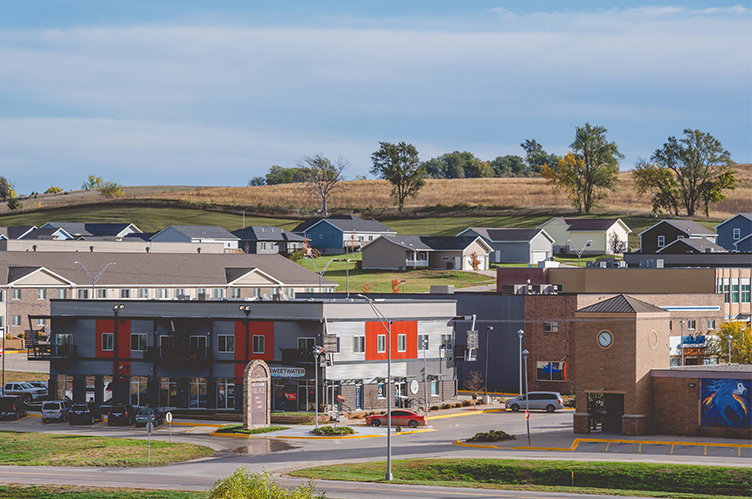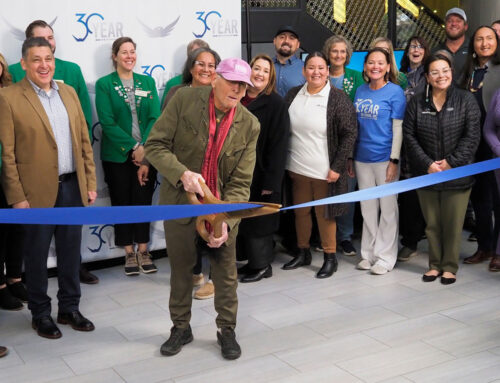A Growing Indian Middle Class On Winnebago Reservation Defies Odds
WINNEBAGO, Neb. – A new study on American Indian economic and social change describes a growing middle class on the rural Winnebago Reservation in Nebraska, despite Great Plains tribes being among poorest in the nation.
The Winnebago progress also eclipses changes in the middle classes of Nebraska, Iowa and South Dakota, largely because of the Tribe’s self-determined economic and community development. “The Winnebago Tribe has significantly improved its people’s lives in a generation, and is taking control of its future,” said Lance Morgan, CEO of Ho-Chunk, Inc., the Tribe’s economic development entity.
- The median income of Native Americans on the Winnebago Reservation grew 78% from 1990-2022, while Nebraska’s median for all people grew 16%.
- The number of middle-class households on the reservation more than doubled in that time, far outpacing the United States, the tri-state region and other Great Plains tribes.
- The proportion of Native Americans living in poverty dropped from about half to a third, but remained three times higher than the United States, Nebraska, Iowa and South Dakota.
“What is happening today begins to realize the visions of Tribal leaders going back generations. But there is still much work to do. We need to bring up our entire community,” Morgan said.
The community-wide approach is removing barriers and creating opportunity. More Tribal members are graduating from college, entering a skilled reservation workforce, purchasing a home in the community, raising a family with access to quality healthcare, and participating in a revitalizing culture.
“The Winnebago Tribe’s progress is the intentional result of the tribal policies, institutions and management efforts, all of which have been gaining in technical sophistication and synergistic force over the past three decades,” concluded Jonathan B. Taylor, an economist who studies Native American communities and authored the analysis. The study was sponsored by Ho-Chunk, Inc. and has been released publicly (https://bit.ly/3thdWxl).
The Winnebago Tribe started Ho-Chunk, Inc. in 1994 to diversify its revenue and create jobs. At the time, new competition from state-regulated casinos in Council Bluffs, Iowa decimated the Tribe’s modest casino on its reservation. Today, the business story is coming full circle: Ho-Chunk, Inc. successfully diversified into federal government contracting decades ago and is currently developing Nebraska’s largest state-regulated casinos in Lincoln and Omaha.
“It’s this generation’s turn to realize the Winnebago version of the Native American Dream,” Morgan said. “When we look out for each other as a tribe, we reach beyond what has been possible.”
This story also featured in the Sioux City Journal.
Additional Coverage: SiouxlandProud.com | LincolnJournalStar.com | PublicNewsService.com







